Scientists have revealed that climate change has officially claimed its first extinction in the United States in a historic first.
For years, researchers have warned that the Key Largo tree, an incredibly rare species in Florida, was in danger of dying off because of the rise in sea levels. Now, it appears this worst-case scenario has finally happened.
The Key Largo Tree
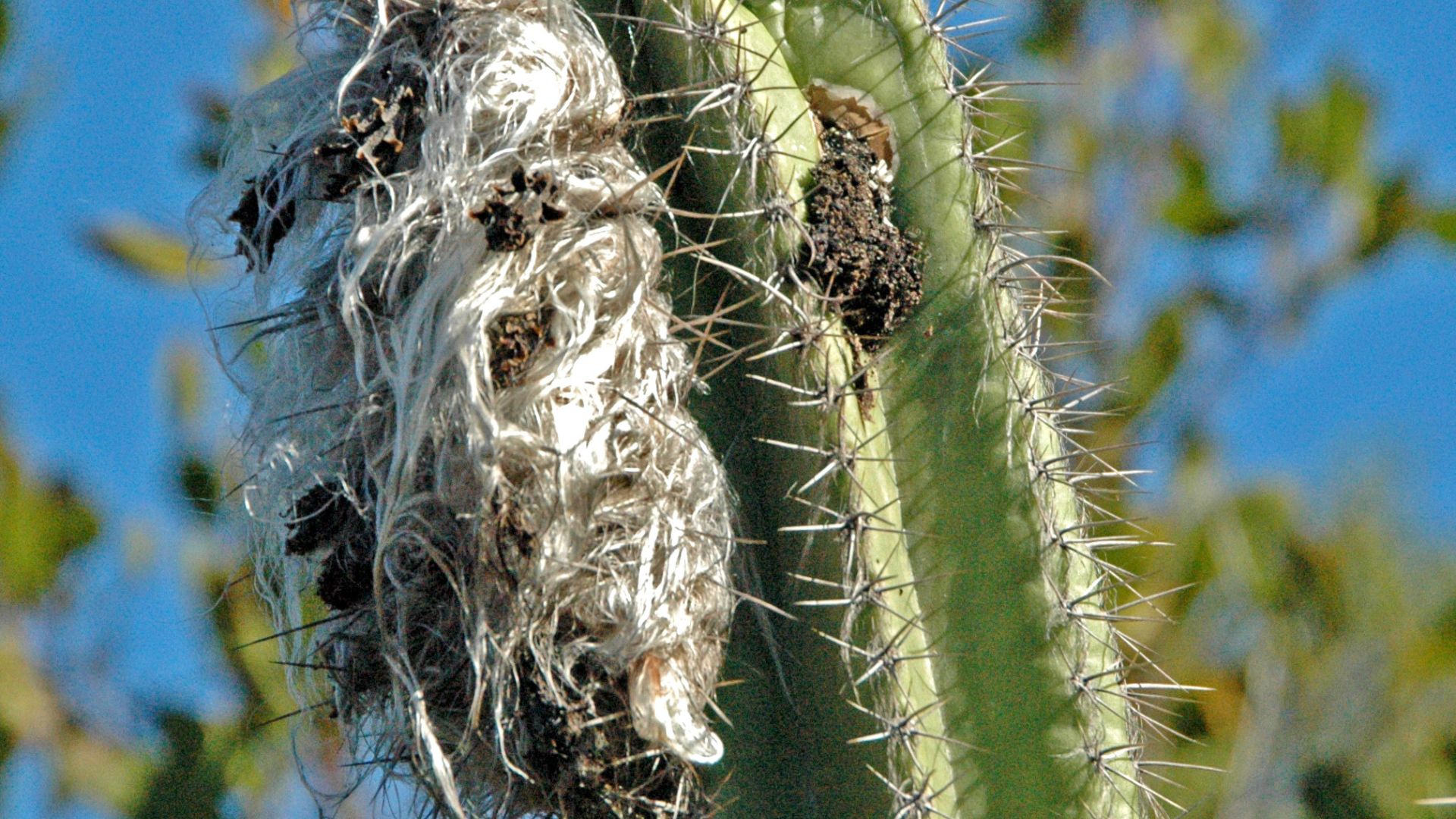
Scientists first started to take a closer look at the Key Largo tree in the 1990s. This tree — which can only be found in Key Largo — can grow up to 20 feet tall.
The tree, which is actually a form of cactus, has brown puffballs that grow around its flowers. Researchers have never found this form of cactus in any other part of the world.
The Last Sighting
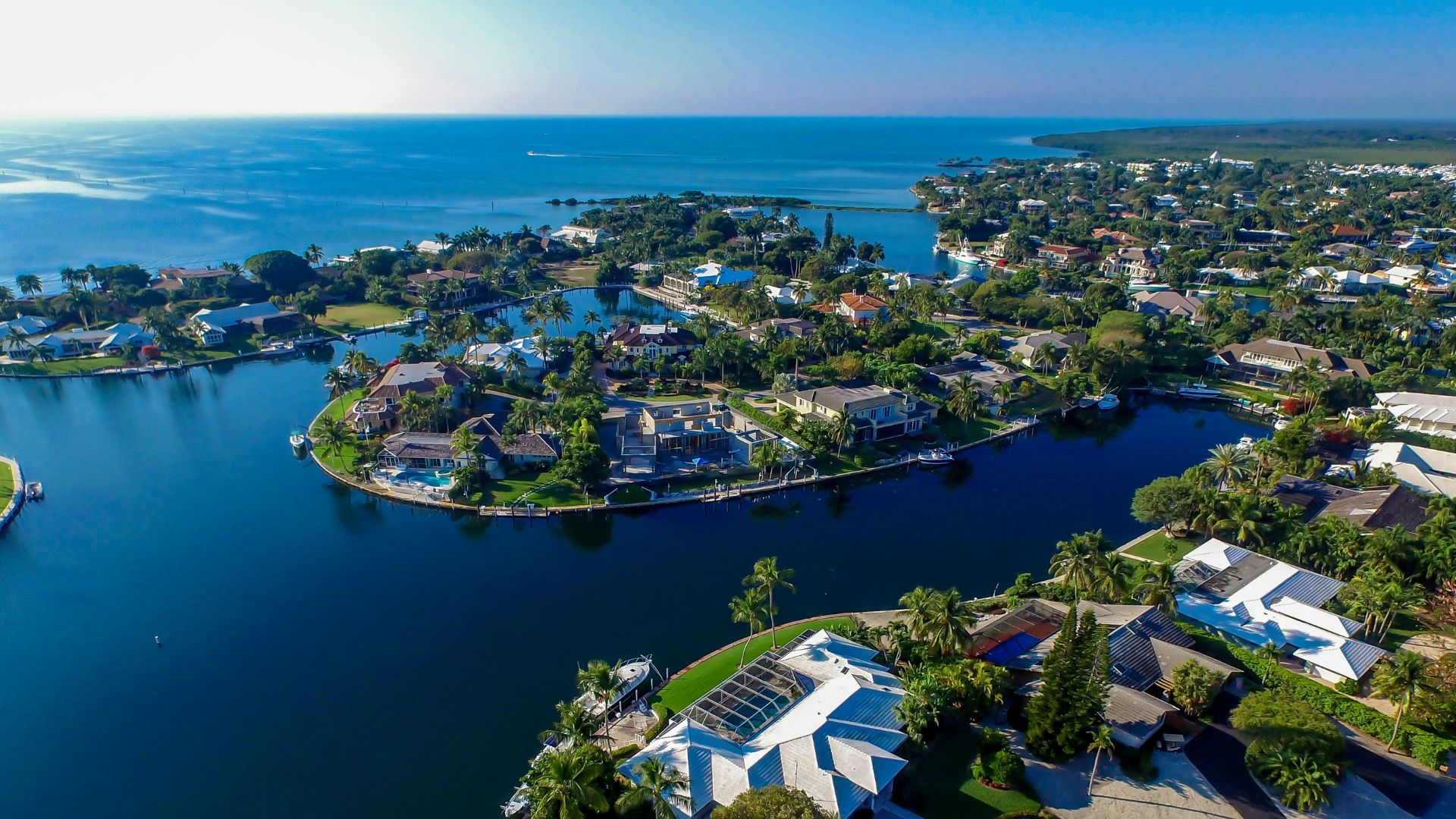
As researchers have been studying this incredibly rare species in Florida for decades, they’ve often warned that it appears the species is dying off, thanks to changes in the environment.
Now, officials have reported that the last time they saw one of these Key Largo trees living was 2023. The cactus can no longer be found in its native region, as it has become extinct.
Sea Level Rise
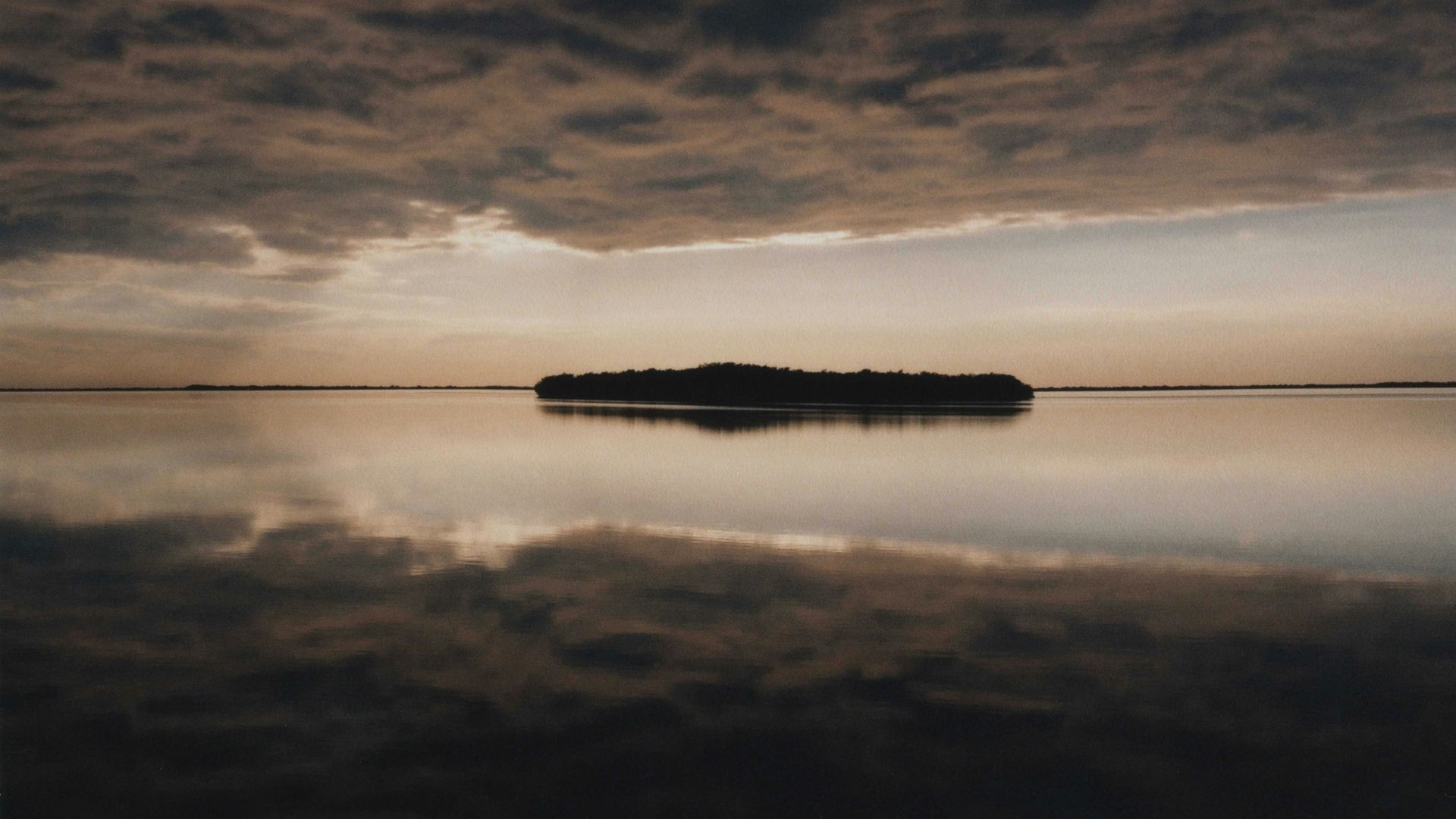
Scientists have published their findings on how the Key Largo tree went extinct in a new study. This study was published in the Journal of the Botanical Research Institute of Texas.
Researchers have explained that the rise in sea levels seen in the Florida area has led to the extinction of this species — and the first U.S. species extinction that has been the result of climate change.
Salty Water Has Harmed the Key Largo Tree
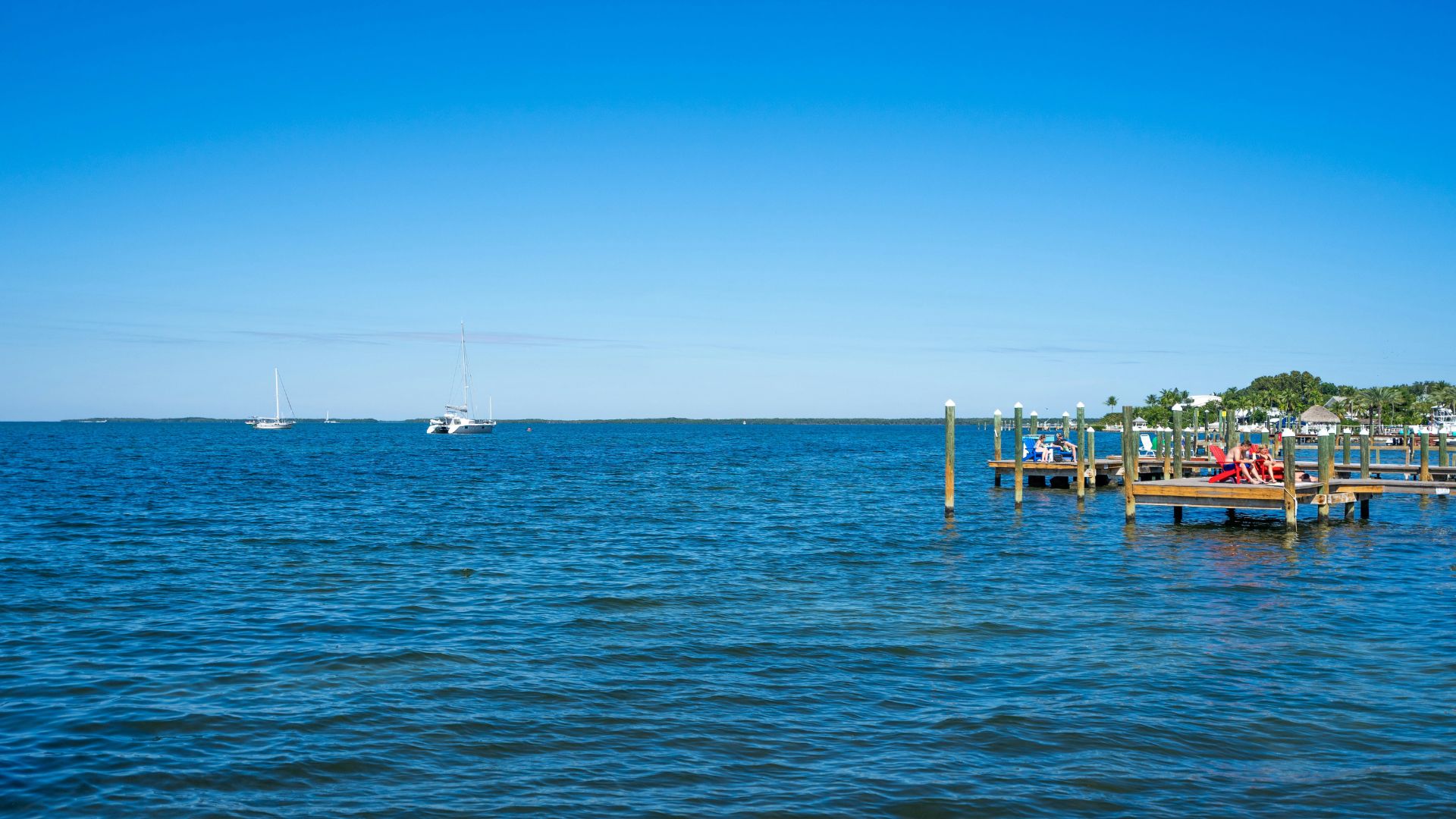
Scientists have further pointed out that rising sea tides and groundwater have turned the soil in the Key Largo area too salty. The Key Largo tree hasn’t been able to survive within this salty soil.
Researchers attached to this study also believe this is the first species to go extinct locally because of sea level rise.
A Tragic Loss
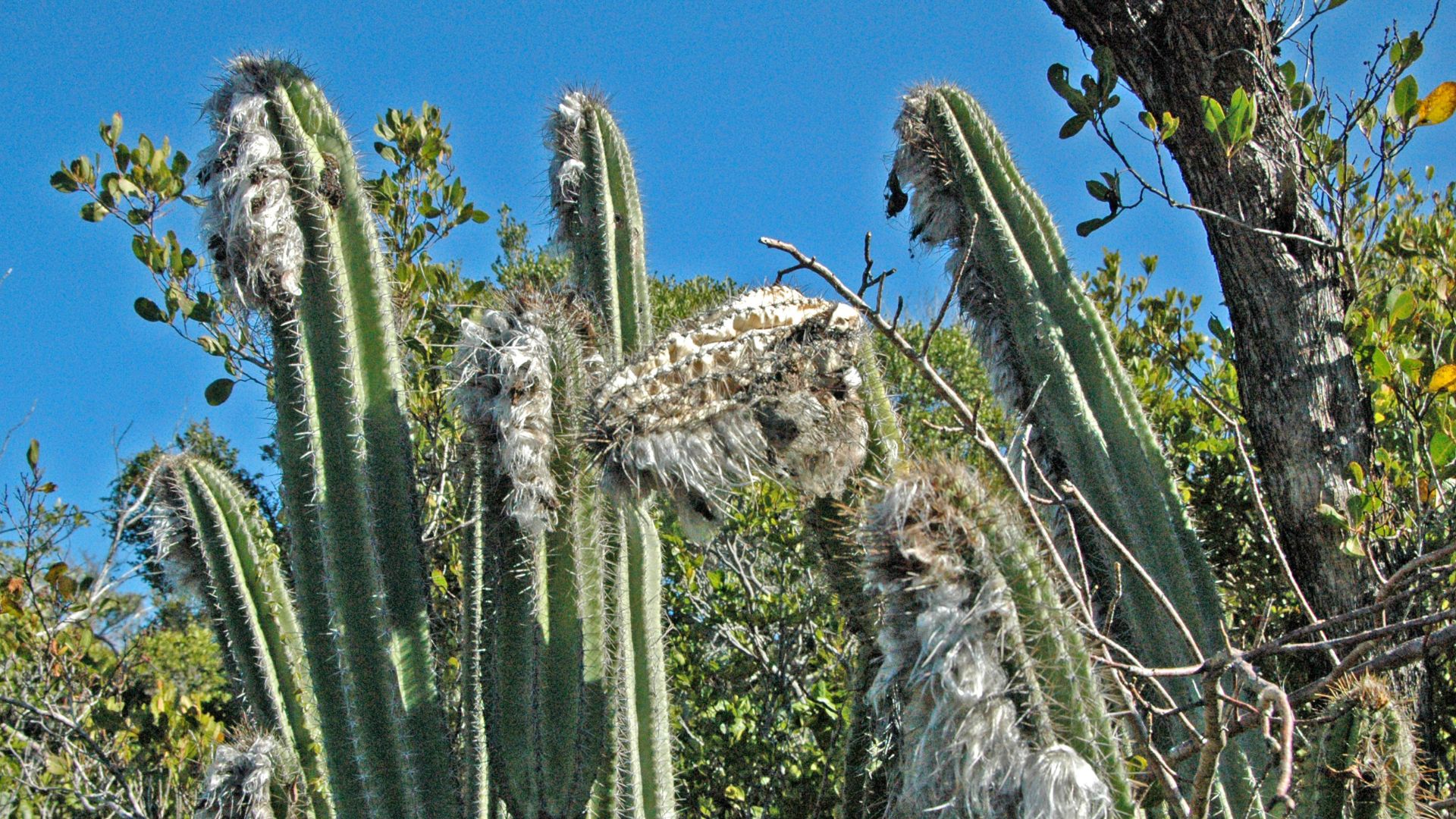
For the scientists who have been studying this rare species for the past few decades, the loss is tragic.
James Lange, Fairchild Tropical Botanical Gardens’ lead botanist and the co-author of this new study, said, “It was tragic to see as we monitored this over the years. It was a big, old beautiful plant, one of the things that makes the Keys unique. And we’ve lost it.”
Surviving Hurricanes
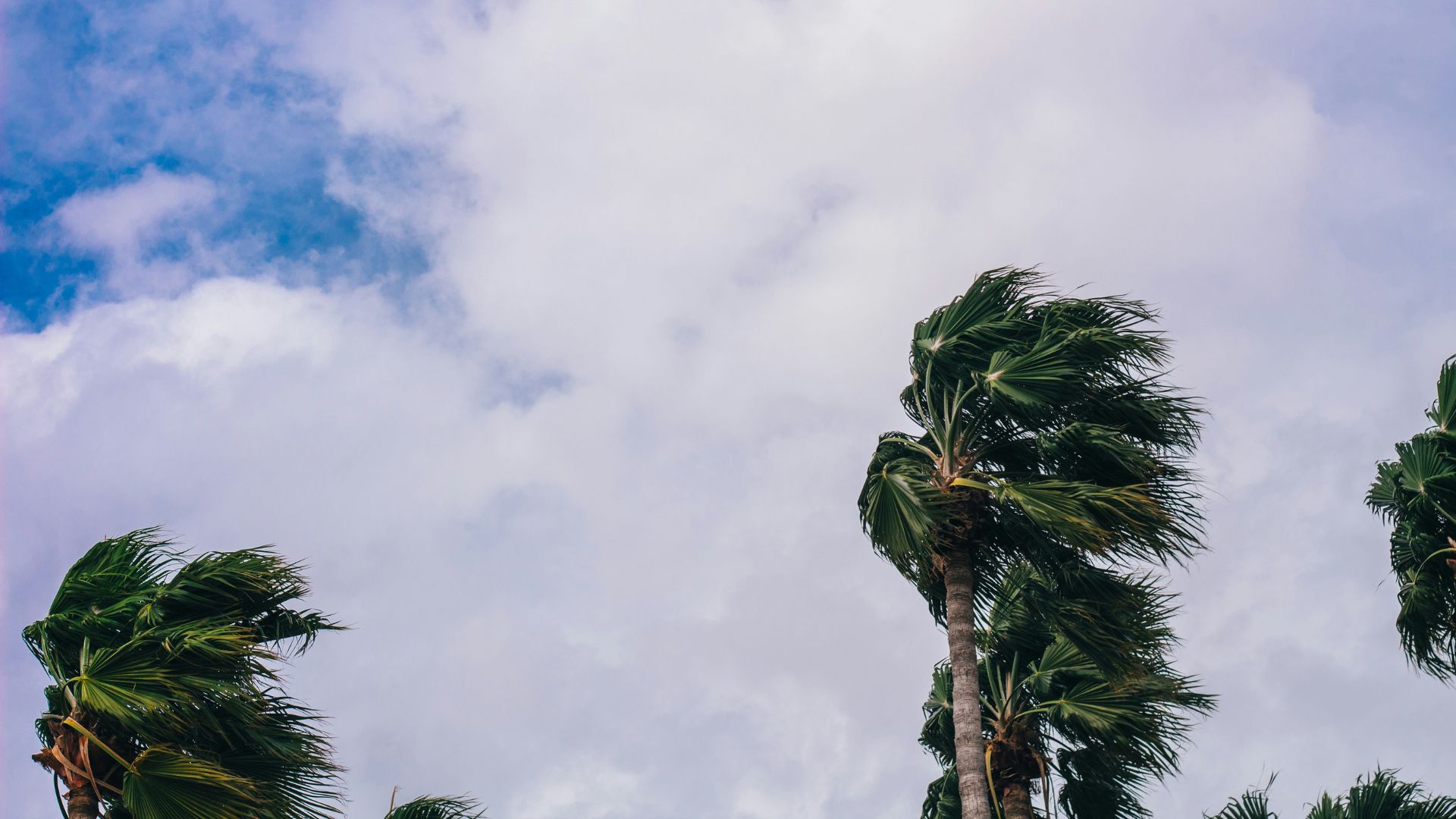
This extinction comes after the Key Largo tree has remarkably survived many hurricanes, particularly those seen in 2005.
In 2007, botanists started to take a closer look at the cactus, as they were worried that it was struggling. By 2015, half of the Key Largo tree’s population was declining and only 60 plants were recorded as living.
The End of the Key Largo Tree
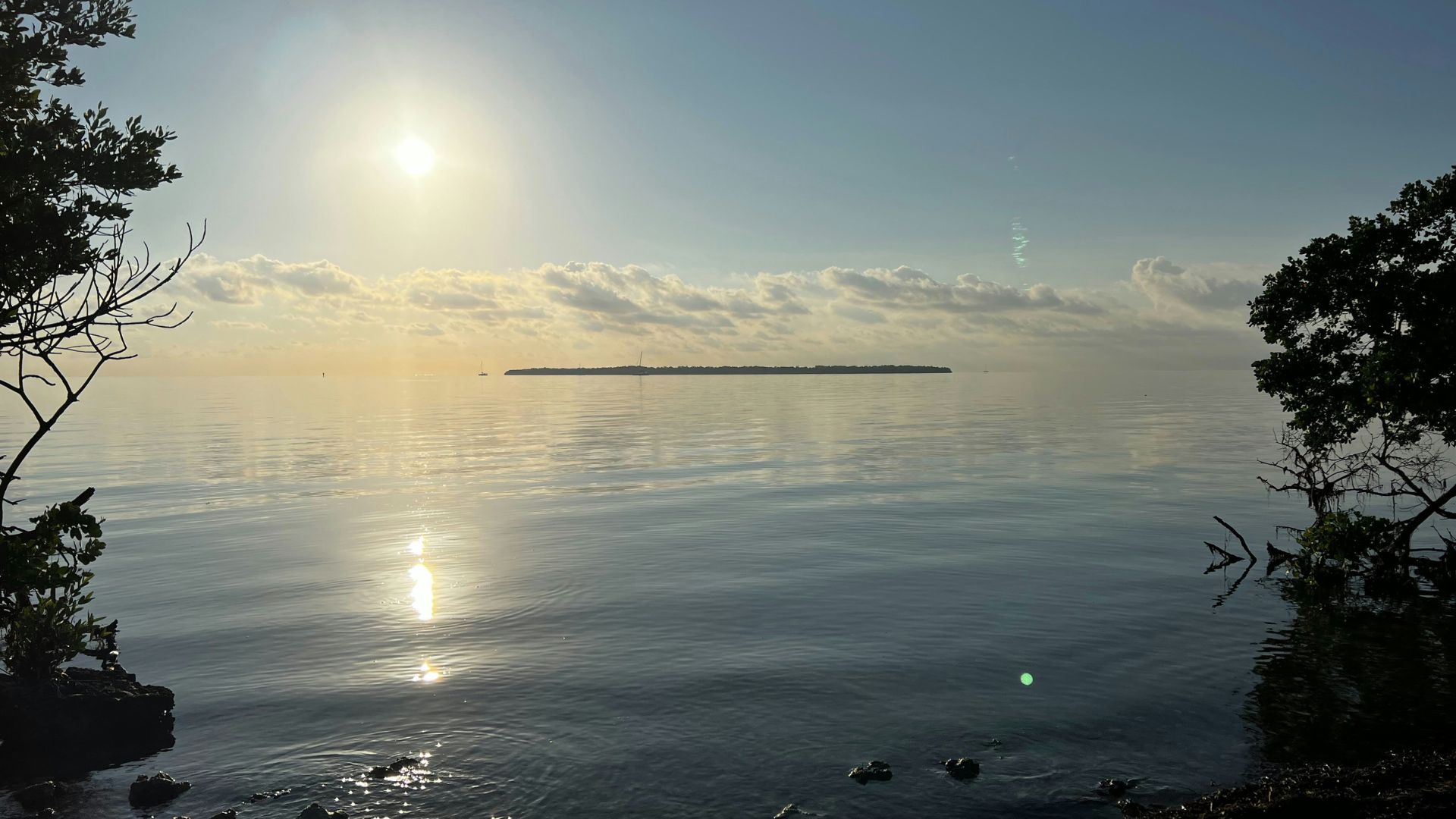
In 2016, scientists could only find 28 plants of the Key Largo tree living. Meanwhile, their lifespans were diminished after botanists discovered that many animals, such as birds and raccoons, were eating the remaining survivors.
Scientists have further theorized that, thanks to high sea tides, many freshwater sources have been drowned out. To obtain this freshwater, these animals turned to the cactus — and speeded up its overall extinction in the region.
Rescuing the Species
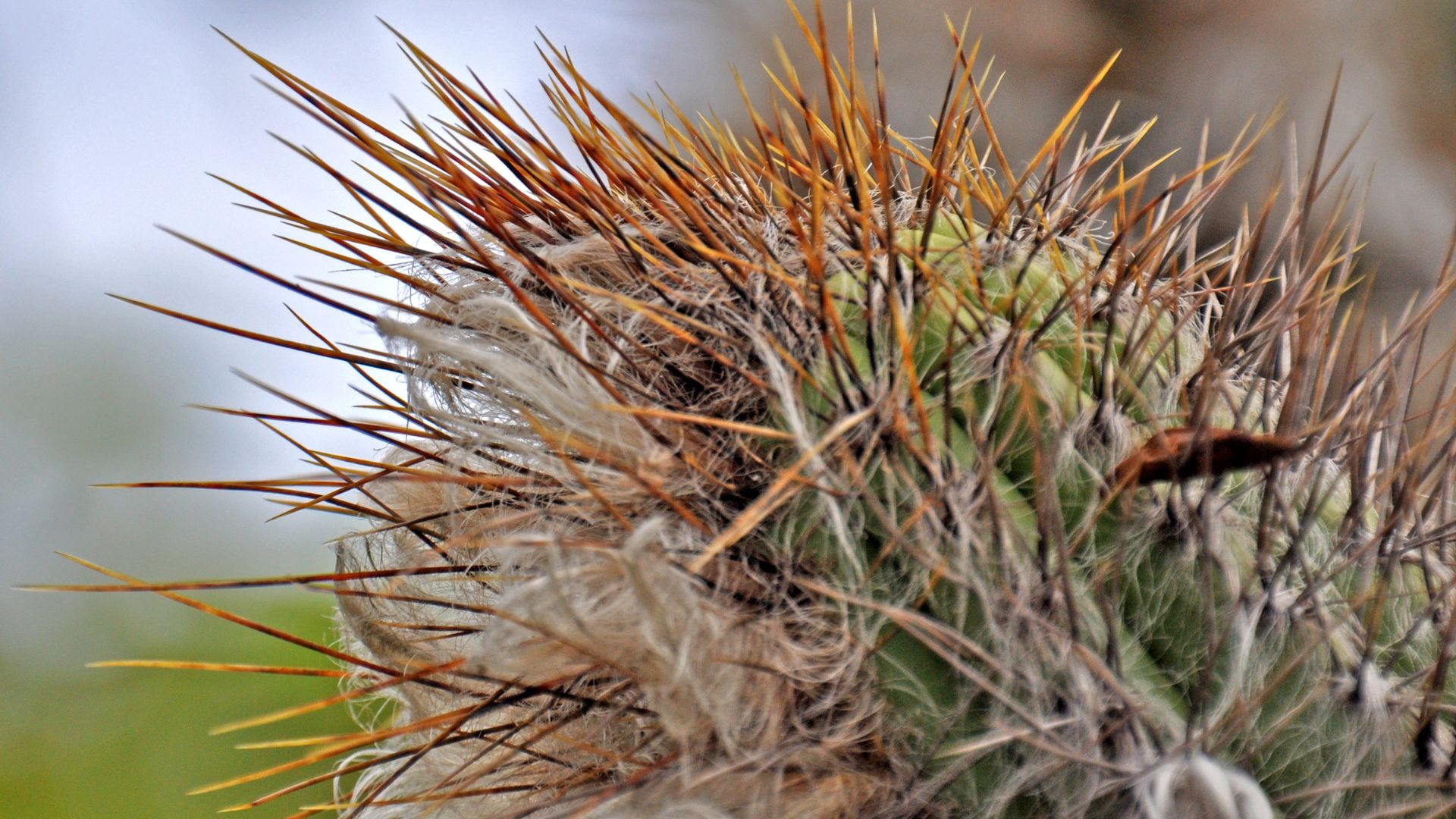
Botanists decided to try and rescue the species, as it was clear the salty water was going to kill them off in the region.
So, they cut slices off of the decaying parents of the trees. They also took seeds from the fruit. Now, researchers have 25 seedlings, more than 1,000 seeds, and three dozen fragments of the Key Largo tree.
Replanting the Key Largo Trees
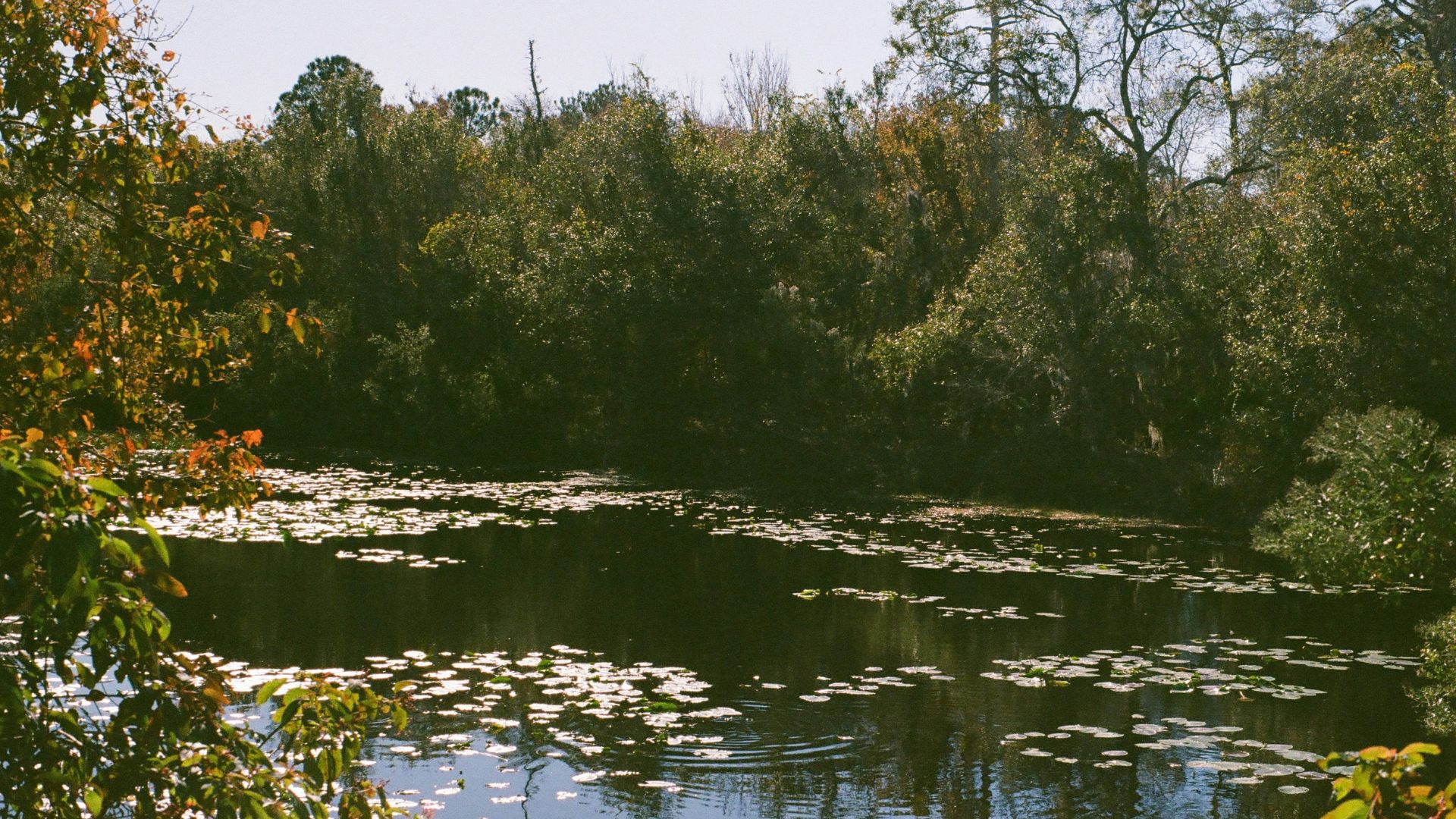
With these remnants of the rare cactus, scientists are hoping to one day replant the Key Largo tree in a new region. However, this remains a difficult task.
Alan Frank, another co-author of this study, explained, “It can be quite difficult to find the perfect place where a plant that wasn’t there before can survive.”
Other Species Are at Risk
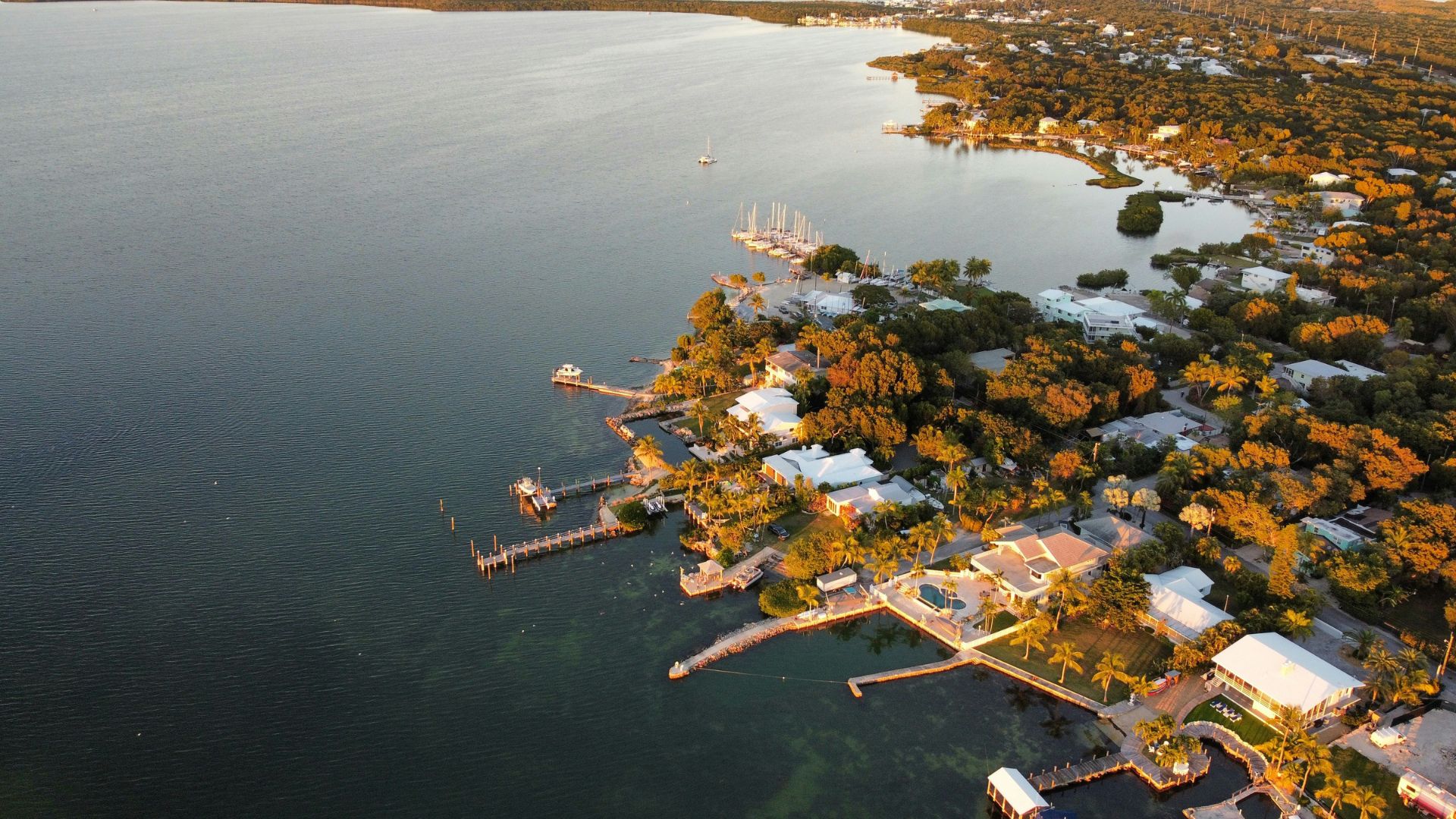
Now that the Key Largo tree has gone extinct in its natural habitat, scientists have warned that other species are now at risk of suffering the same fate, thanks to rising sea levels and climate change.
For example, scientists have pointed to a study that revealed the endangered silver rice rat that lives in the Florida Keys has moved its population to try to get away from the rising seas. Now, these rats are living in higher elevations of the Keys. If the seas continue to rise, they’ll have nowhere to live — and may become extinct.
Stopping Extinctions
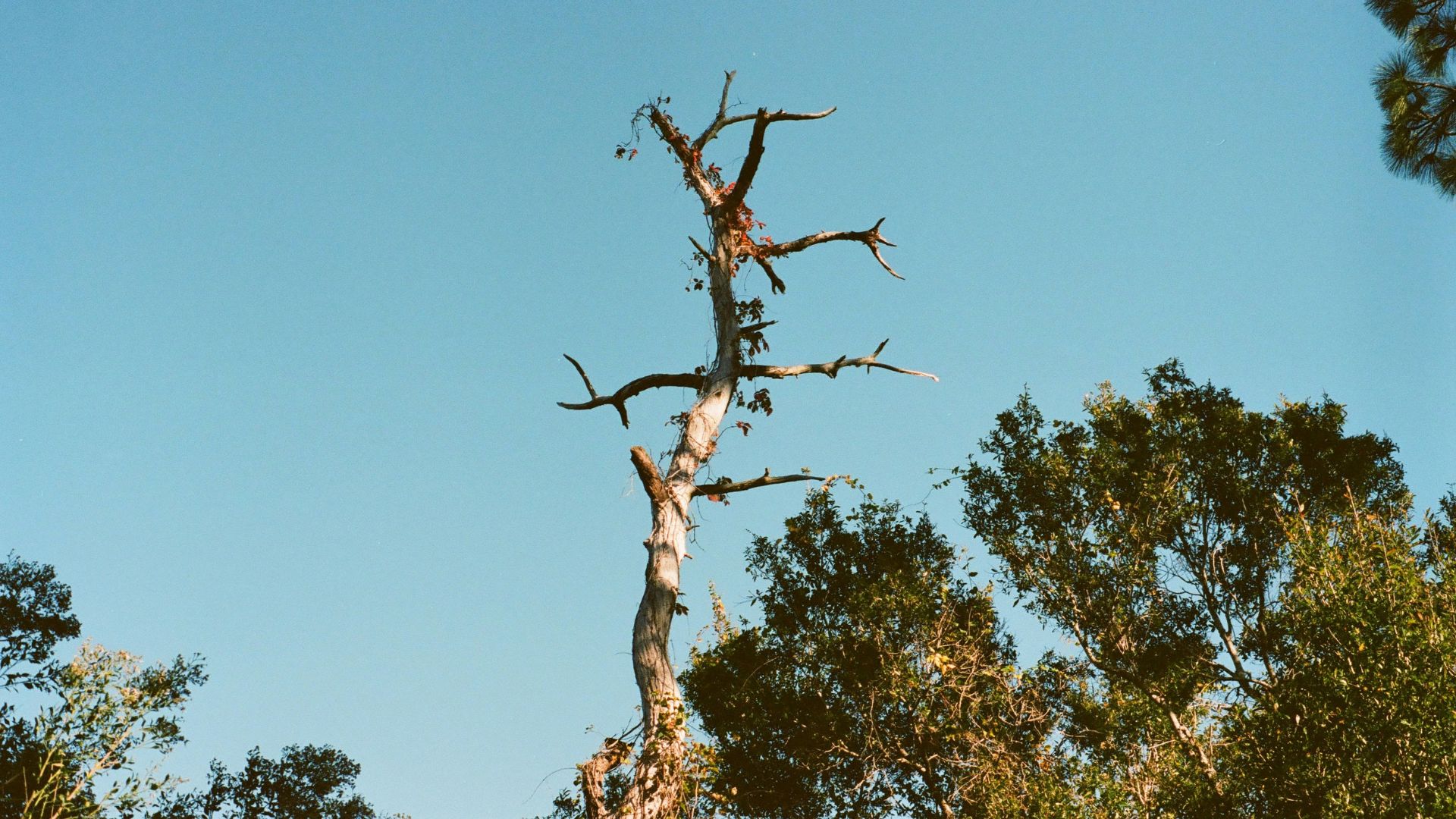
Many botanists and scientists have explained that we need to figure out how to stop these extinctions from occurring — even though it doesn’t appear we’ll be able to stop the effects of climate change.
George Gann, the Institute for Regional Conservation’s executive director and also the co-author of this study, explained, “This is kind of the stake in the ground where we will see many other species lost to the impacts of climate change and sea level rise. And that is indeed sad. This is the game. We have to figure out how do we stop the incredible loss of species and move to a position of ecological restoration.”
